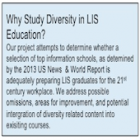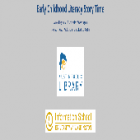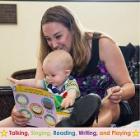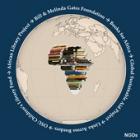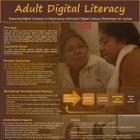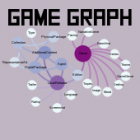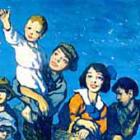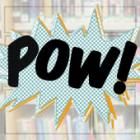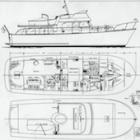
Creating an Archive Plan: The Edwin Monk, Sr. Collection
Edwin Monk, Sr. was a prolific naval architect in the Seattle area whose collection of over 6,000 ship plans, along with several artifacts, reference books, and photographs, was donated to the Puget Sound Maritime Historical Society (PSMHS). Since the donation, PSMHS has received numerous reference questions and requests for copies of the plans. Although the collection is housed onsite, access and retrieval of information has been challenging. The collection needs to be cataloged in the organization’s database and rehoused according to best archival practices. Our project goal was to provide PSMHS with a processing guide for future volunteers and interns, a project timeline and an estimated budget. PSMHS will use these documents to develop a grant proposal for obtaining funding and resources needed to process the entire collection. Rehousing and cataloging the collection will help assure long-term preservation and enhance the accessibility of the collection.

